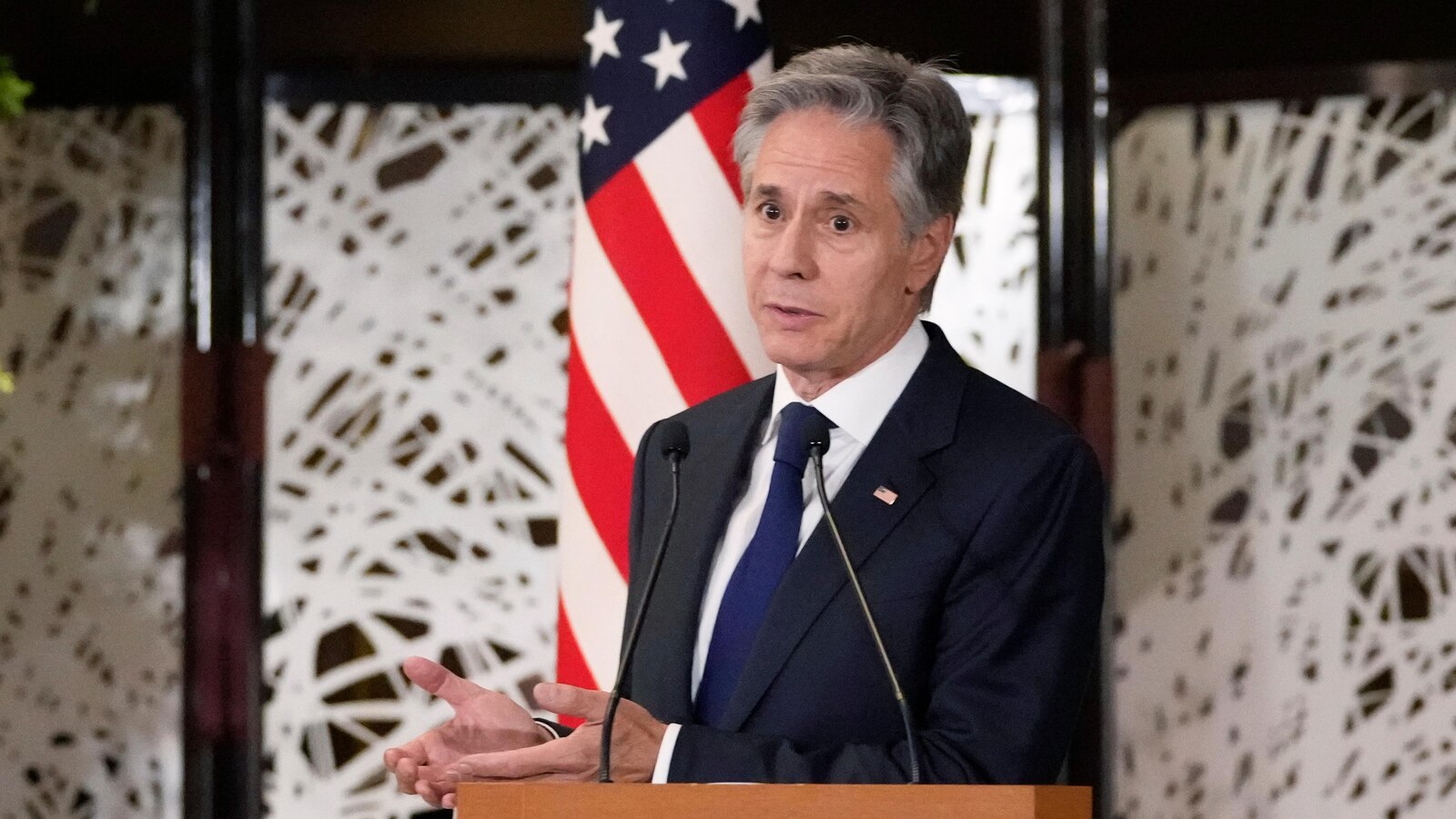U.S. Secretary of State Antony Blinken said the United States has ‘serious concerns’ about the announced result of Venezuela’s hotly contested presidential election that authorities say was won by incumbent Nicolas Maduro.
Speaking in Tokyo on Monday shortly after the announcement was made, Blinken said the U.S. was concerned that the result reflected neither the will nor the votes of the Venezuelan people. He called for election officials to publish the full results transparently and immediately and said the U.S. and the international community would respond accordingly.



Let’s just looks at Venezuela.
If we’re using Wikipedia as a source you might be interested in these parts
They always hated us for no reason of our own. And wanted to take our spot as a super power. They failed.